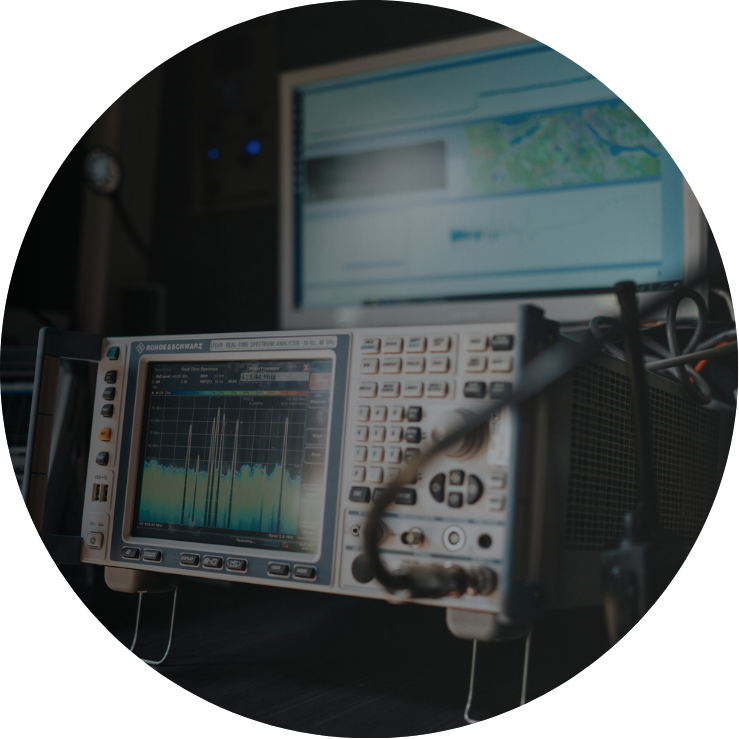Introduction of Electric Vehicles and their Charging Infrastructure in the Company
Project title:
Implementation of the project “Introduction of Electric Vehicles and their Charging Infrastructure in the Company” (Identification No. MF-1/3)
Project description:
Electronic Communications Office of Latvia is introducing the electric transport and implementating project with the support of the Modernisation Fund, in Modernisation Fund financed call of proposals "Enhancing Energy Efficiency in the Transport Sector – Support for the Implementation of Electric Vehicles and Their Charging Infrastructure" announced by Environmental Investment Fund of Latvia (SIA "Vides investīciju fonds".
Project goal:
The goal of the project is to reduce air pollution and promote the integration of environmentally friendly transport solutions into the company's operations. As part of the project, it is planned to replace a portion of the existing service vehicles operating on fossil fuels with four electric vehicles. This step will enhance the company's energy efficiency by reducing carbon emissions.
Project implementation period:
June 10, 2025 – December 9, 2026 (18 months).
Financing:
The total project costs are EUR 160,200.00, of which co-financing from the Modernisation Fund resources amount up to EUR 20,000.00 (twenty thousand euros and 0 cents).



























